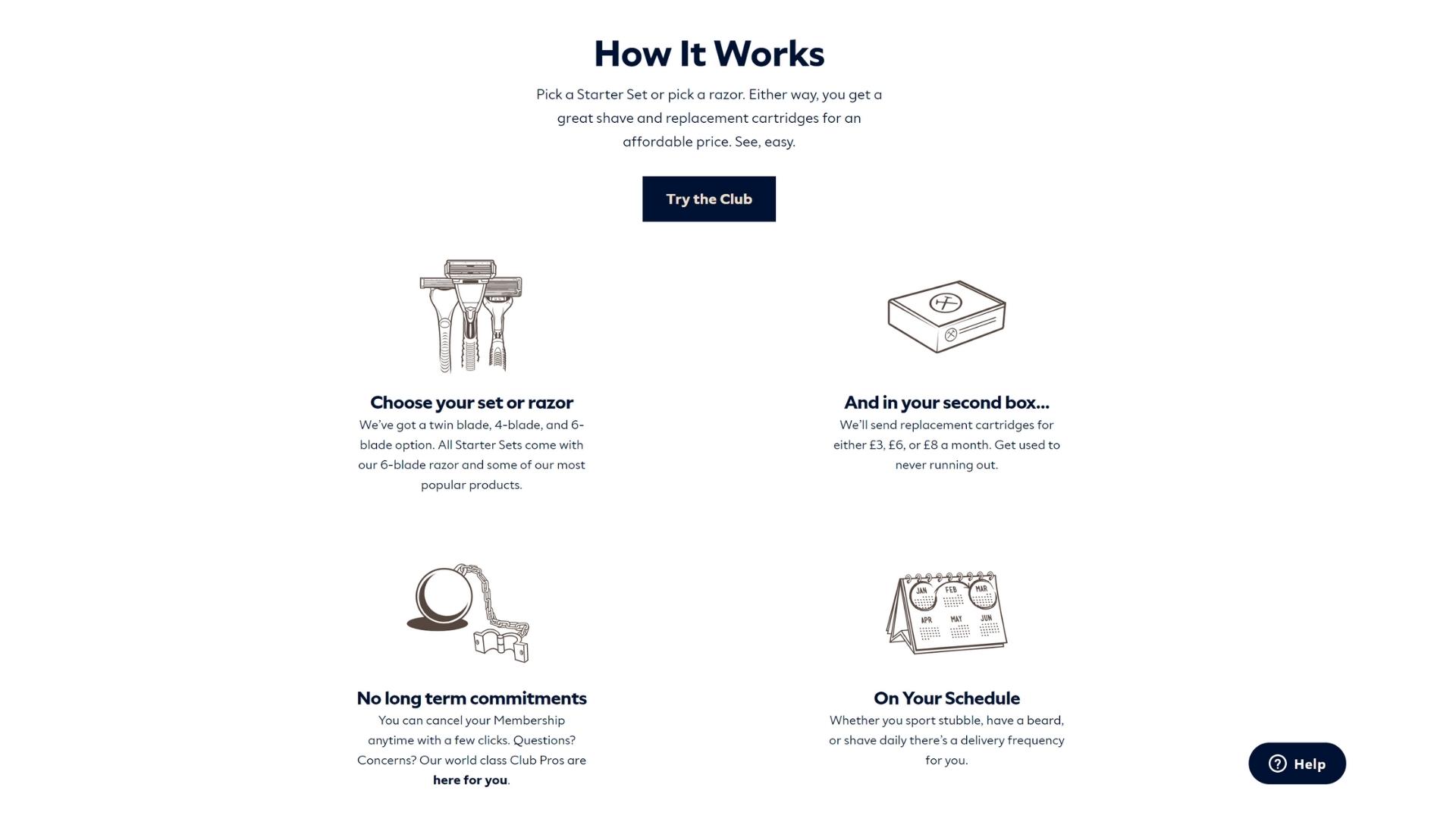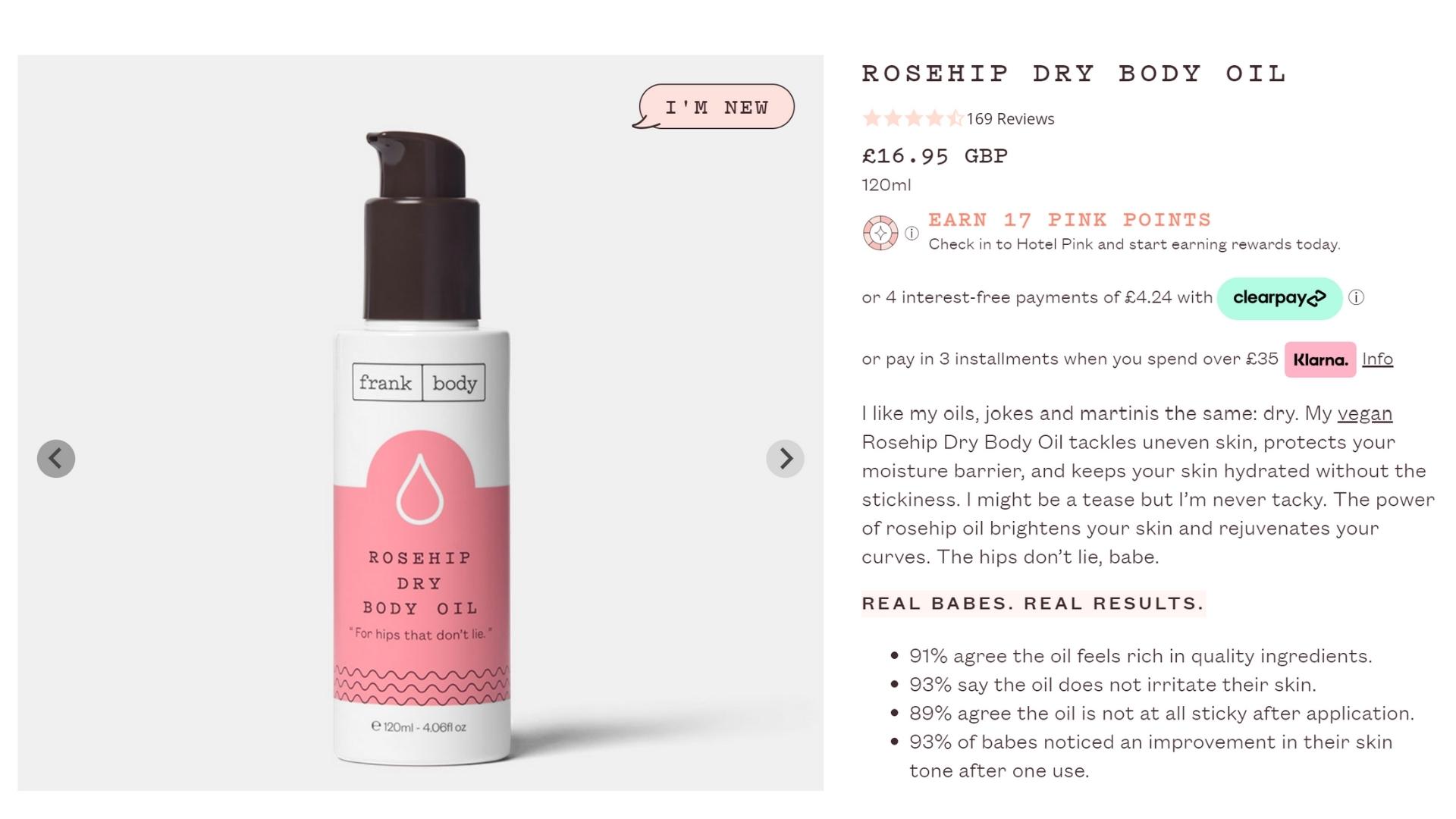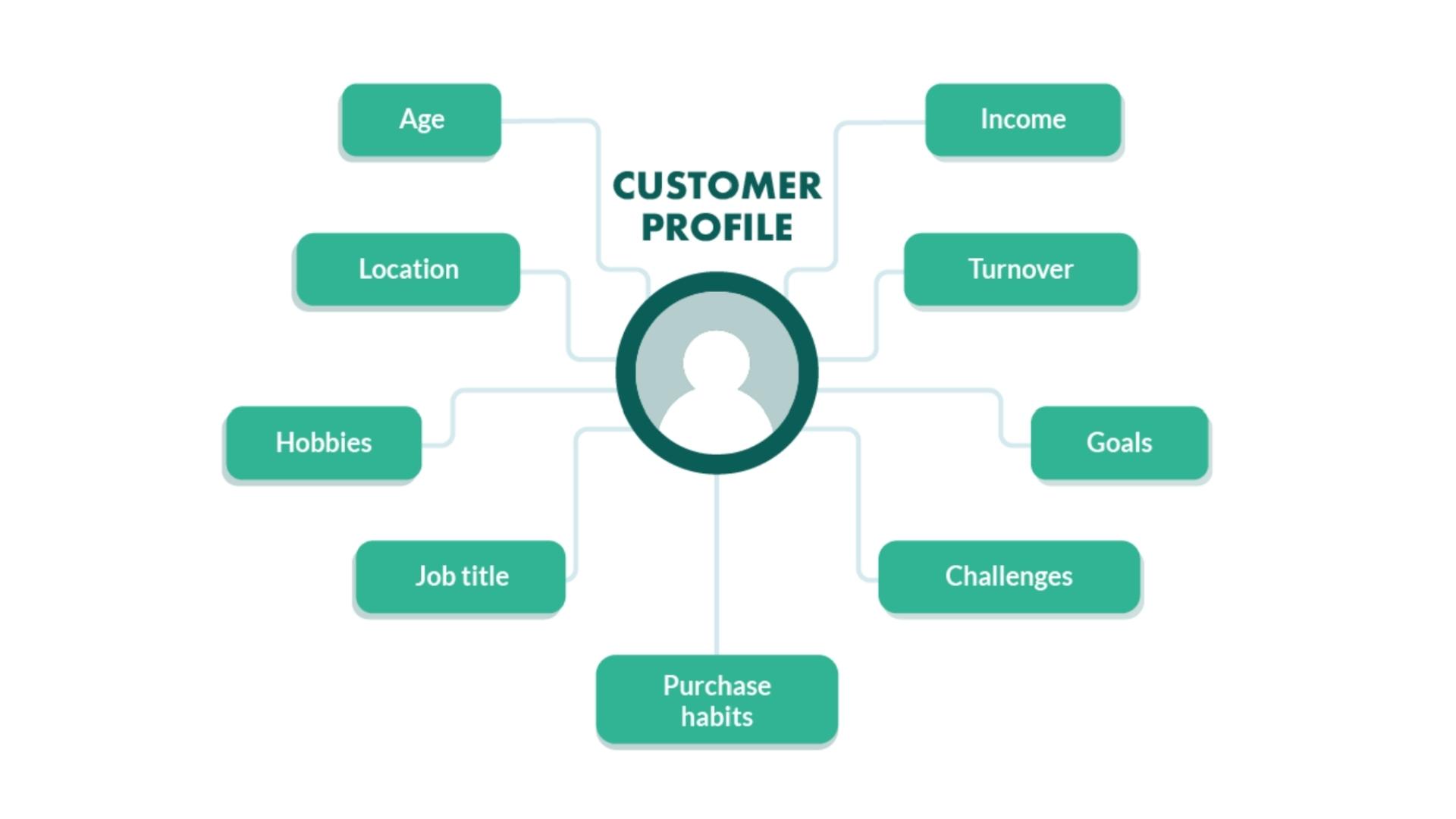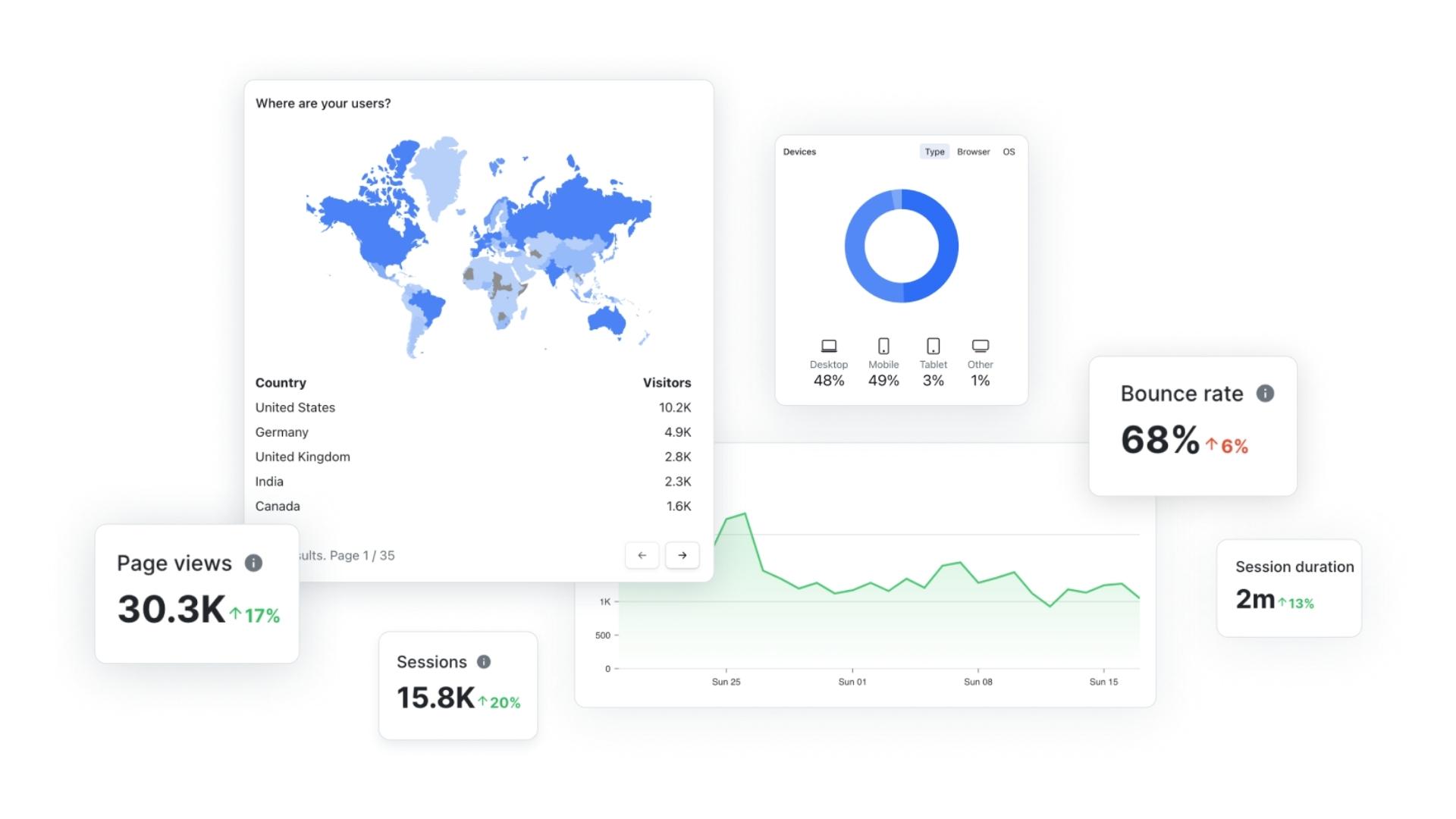5 Steps to Starting Your Online Direct To Consumer (D2C) Brand
Getting a D2C brand off of the ground doesn’t need to be complicated—here are five steps you can take to stary you online store journey.

A D2C—or direct to consumer—brand is a company that sells products directly to consumers through its own channels, rather than through third-party retailers.
A great example of a successful D2C brand is Dollar Shave Club (DSC). You won't find DSC razors in pharmacies or supermarkets. Instead, all orders are placed directly through the company's website. How do people find the website to place those orders? Strategic multichannel marketing—like blog posts, pay per click (PPC), influencer deals, and videos.
If you’re thinking about starting a D2C business, Saikai is here to help! Here's our list of five key tips for getting your D2C business up and running.
1) Differentiate Your Brand
Nowadays, almost every niche imaginable is dominated by nondescript drop-shipping businesses using copy-pasted website to sell low quality products. While there isn't anything inherently wrong with this business model, its popularity has made it hard to compete… unless you differentiate your brand with a well marketed superior product.
With this in mind, your first step is to find a way to make your D2C brand stand out from the pack using a compelling brand strategy. There are a few ways you can do this:
Develop a Unique Selling Proposition (USP)
What is it about your product that no one else can offer? If you can come up with a great answer to that question—congratulations! —you've landed on a USP that has a good chance of converting. If you can't, it's time to think critically about your product until an answer comes to you.

For inspiration, look no further than Dollar Shave Club. The company's USP is simple, yet incredibly effective: high-quality razors delivered to your doorstep every month for a fraction of the cost of the competition. In fact, it worked so well that it ultimately forced Gillette to launch Gillette Razor Subscription — a transparent rebranding of DSC's business model.
Develop a Powerful Brand Voice
Your brand voice is the personality of your business, and it's what makes you relatable (or not) to your target consumers. Your job is to find a way to connect with them on a personal level so that they feel compelled to do business with you.

One great example of a D2C brand with an incredibly powerful brand voice is Frank Body — an Australian D2C skincare brand. Every piece of messaging the company puts out is written by the brand's persona “Frank”. Frank is funny, candid, often seductive, and highly relatable, which makes it easy to stand out in the crowded skincare market.
Create a Strong Visual Identity
Your website, social media, packaging, and ads should all have a consistent look and feel that accurately reflects your brand's personality. This means choosing fonts, graphical styles, and color pallets that mesh well together and accurately represent the voice of your brand.

If you need some inspiration, just take a look at Casper mattresses. The company's entire visual identity is based on a simple, clean, and modern aesthetic that perfectly reflects the brand's focus on calmness and relaxation.
2) Choose The Right Platform To Build Your Website
Trying to decide which platform to use for your website? If you're planning on starting a D2C business, we recommend using Shopify.
Why?
Well, for starters, it's designed specifically for ecommerce businesses. This means that it comes equipped with all the features and functionality you need to run a successful online store—things like product pages, shopping carts, order management, and analytics.

Additionally, Shopify is incredibly user-friendly, even if you don't have any prior experience with web design or development. Plus, if you do get stuck, their 24/7 customer support team is always available to help.
If you're looking for alternatives, there are a ton of other great options out there, including:
- WordPress/WooCommerce: Once you get over the steep learning curve, WordPress is one of the most versatile website platforms on the market.
- Webflow: If you aren't comfortable with code, Webflow gives you the freedom to build custom websites using visual blocks and commands.
3) Choose The Right Marketing Channels
The next step is to identify which marketing channels will work best for your D2C business. To do this, you need to understand your ideal customer. Where do they spend their time online? What type of content do they consume? Creating an ideal customer profile (ICP) is a great way to pin down answers to these questions.

Once you have a good understanding of your target customer, you can start to narrow down which marketing channels will be the most effective for reaching them. Here are a few popular options:
- Content Marketing: This is a catch-all term that refers to any type of content you create and share online. This could include blog posts, infographics, videos, or even podcasts.
- Social Media Marketing: As the name suggests, social media marketing refers to the process of marketing your business on social media platforms like Facebook, Instagram, Twitter, and Snapchat through posts or influencer marketing.
- Paid Advertising: Paid advertising is a great way to reach your target customers on a variety of different platforms, including search engines, social media sites, and websites.
- Email Marketing: Email marketing involves sending marketing messages to customers and prospects via email. This could include things like promotional offers, product announcements, or even educational content.

Whichever channel(s) you choose, make sure you track and analyze your results using services Google Analytics, Facebook Pixels, Panelbear, and so on. This will give you insights into what's working and what isn't!
4) Make Sure Your First Orders Go Smoothly
In many ways, your first orders are your most important. When one of your products has a thousand 5-star reviews, one 1-star review isn't going to tank your brand. When that 1-star review is your only review, it might.
That's why it's important to make sure your first orders go off without a hitch. Here are a few tips:
- Test Your Website: Before you start taking orders, test your website to make sure everything is working properly. This includes things like the checkout process, shipping calculator, and contact forms.
- Double-Check Your Inventory: There's nothing worse than getting an order for a product you don't have in stock. Before you start taking orders, double-check your inventory levels to make sure you have enough products to meet demand.
- Choose the Right Shipping Carrier: Shipping can make or break the customer experience. Choose a shipping carrier that is reliable, has good customer service, and offers reasonable rates.
- Set Automated Emails: Automated emails can help you keep customers updated on the status of their orders and provide them with tracking information. This is a great way to reduce customer support inquiries.
5) Put Your Data To Work
Data is one of the most important aspects of any business, but it's especially important for D2C businesses. That's because data can help you understand your customers, track your progress, and make better decisions.
Here are a few tips for putting your data to work:
- Target Upsells and Cross-Sells: Use data from your sales and customer behavior to target upsells and cross-sells. This could involve sending emails with product recommendations or showing relevant products on your website.
- Analyze Your Channels: Use data to analyze which channels are driving the most traffic and sales. This will help you focus your efforts on the channels that are most effective.
- Test, Test, Test: Use A/B testing to test different aspects of your website and marketing campaigns. This could include things like testing different headlines, call-to-actions, or images.
The Bottom Line
By following these tips, you'll be well on your way to starting a successful D2C business! Just remember to focus on creating a great product, building a strong brand, and providing an excellent customer experience.